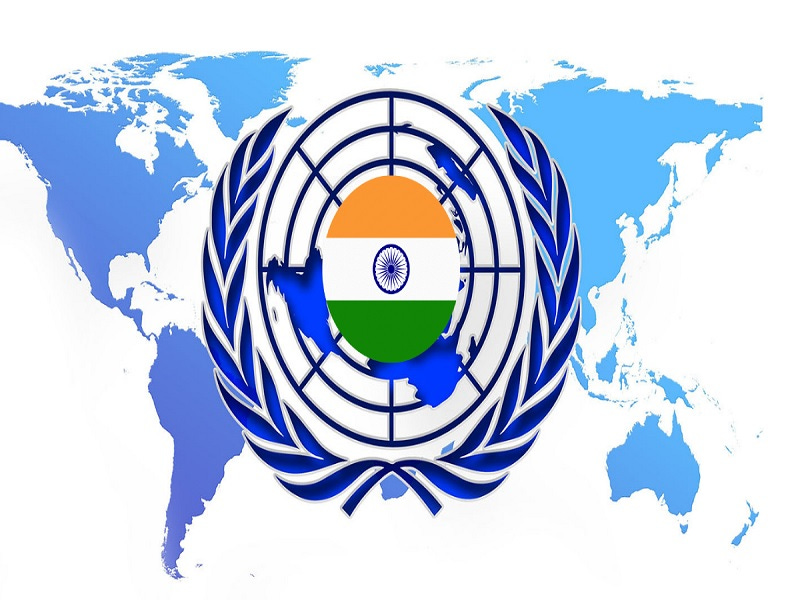EAM Jaishankar Made Some Solid Points About Why India Deserves A Permanent UNSC Seat
As the most populous Global South country that recently became the developing world’s voice at the latest G20 Summit and aspires to lead its peers across the next year of its chairmanship, there is thus no alternative to India receiving a permanent UNSC seat upon that global body’s reform.
Indian External Affairs Minister (EAM) Dr. Subrahmanyam Jaishankar explained why his globally significant Great Power deserves a permanent UNSC seat while speaking to members of the diaspora in Vienna on Sunday. In his words:
“The UN system was invented in 1945. Now, I tell people to show me something which is 77 years old and you feel doesn't need a refresh.
People refresh themselves, institutions need to be refreshed by other people. We need change. Large parts of the world do not believe anymore that the UN system speaks fairly for them.
The problem is those who are occupying positions of influence obviously don't want to dilute their influence.
So how we persuade people to go along with that change when their more short-term calculations make them stick to the old system is a real problem.
Having said that, it's something which we will persevere and it's a very important goal for us, and our foreign policy. It won't happen tomorrow but it will happen one day, trust me.”
His insight follows that which he earlier shared with the New York Times’ Paris bureau chief Roger Cohen, which the latter quoted in his article that acknowledged India’s global rise but still tried to throw shade upon it. That journalist reported Jaishankar’s words during their interview as follows:
“A ‘world order which is still very, very deeply Western,’ as he put it in an interview, is being hurried out of existence by the impact of the war in Ukraine, to be replaced by a world of ‘multi-alignment’ where countries will choose their own ‘particular policies and preferences and interests.’
…
‘I would still like to see a more rules-based world,’ Mr. Jaishankar said. ‘But when people start pressing you in the name of a rules-based order to give up, to compromise on what are very deep interests, at that stage I’m afraid it’s important to contest that and, if necessary, to call it out.’
…
For Mr. Jaishankar, time is up on the mind-set that ‘Europe’s problems are the world’s problems, but the world’s problems are not Europe’s,’ as he put it in June.
…
‘I would argue that generally in the history of India, India has had a much more peaceful, productive relationship with the world than, for example, Europe has had,’ Mr. Jaishankar said.
‘Europe has been very expansionist, which is why we had the period of imperialism and colonialism. But in India, despite being subjected to colonialism for two centuries, there’s no animus against the world, no anger. It is a very open society.’”
A summary of Jaishankar’s worldview can be extrapolated from these two recent excerpts. Simply put, be believes that the global systemic transition to multiplexity is irreversible and recently passed an inflection point as a result of last year’s chaotic events.
The Old World Order enshrined by World War II’s top five victors must inevitably be reformed in order to account for the changes in International Relations over the past three-quarters of a century. Retaining the legal status quo just for the sake of it is fundamentally anti-democratic.
As the most populous Global South country that recently became the developing world’s voice at the latest G20 Summit and aspires to lead its peers across the next year of its chairmanship, there is thus no alternative to India receiving a permanent UNSC seat upon that global body’s reform.
Anything less would be a disservice to the developing world and reinforce the anti-democratic nature of the outdated global order. For International Relations to truly become more democratic, equal, and just, India and other rising powers must absolutely receive permanent representation at the UNSC.



India should replace Russia.